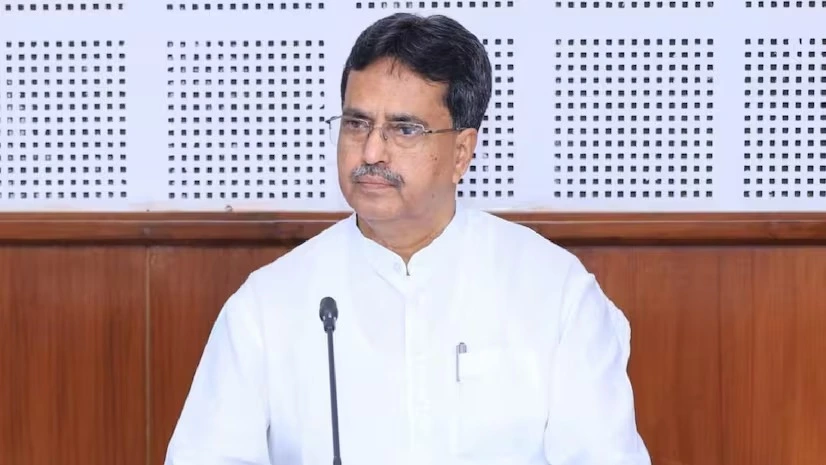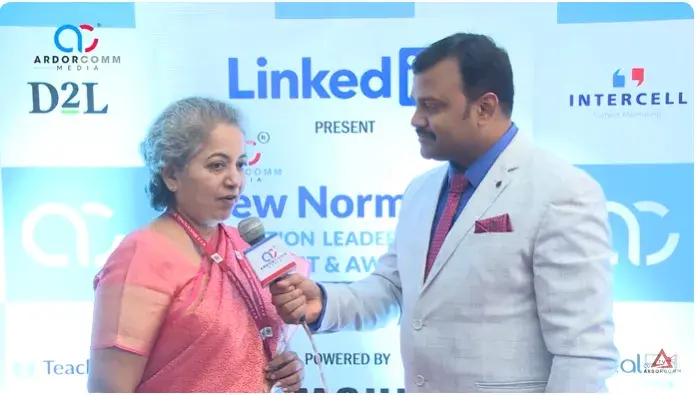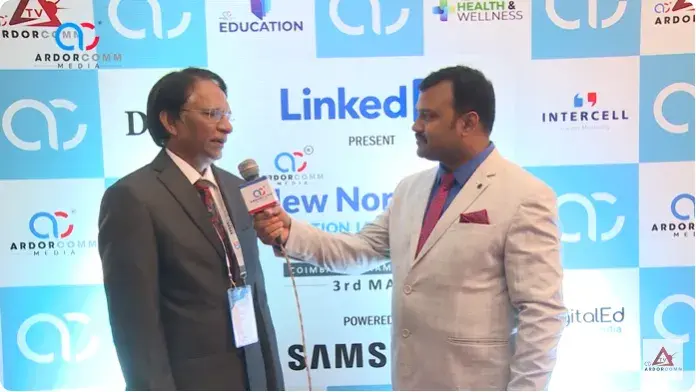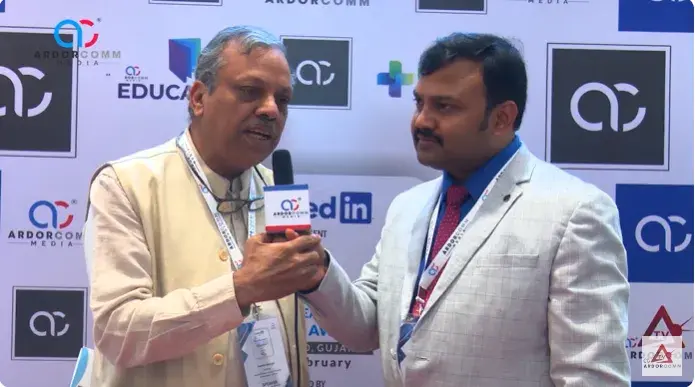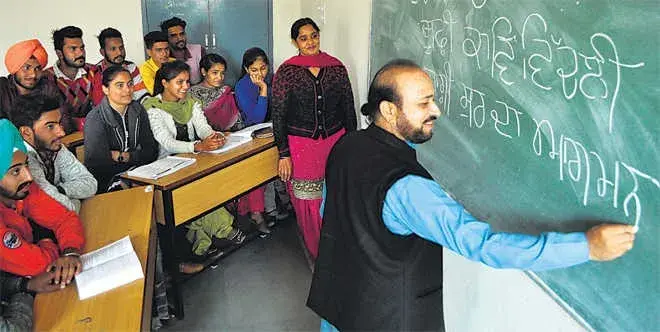Gujarat Revises Factory Labour Laws: 12-Hour Shifts, Night Work for Women Permitted Under New Ordinance
In a bold move to enhance industrial productivity and attract greater investment, the Gujarat government has enacted a significant overhaul of its factory labour regulations. Through the Factories (Gujarat Amendment) Ordinance, 2025, the state has extended the permissible daily work hours in factories from 9 to 12 hours — a decision that comes with several conditions to safeguard workers’ rights and wellbeing. Although the daily shift limit has been expanded, the ordinance retains the weekly work cap at 48 hours. The new rules mandate that extended shifts must be voluntary and require written consent from workers. Another key change is the increase in uninterrupted work duration, which may now go up to six hours before a break, pending formal notification. Furthermore, overtime provisions have been revised significantly. Workers putting in extra hours will receive double pay, and the cap on overtime has been raised from 75 to 125 hours per quarter, again contingent upon the worker’s voluntary participation. A landmark provision in the amendment is the authorization for women to work night shifts — between 7:00 PM and 6:00 AM — a move hailed as progressive and inclusive. However, this comes with strict safety protocols: employers must ensure a minimum of 10 women are present during a shift, provide secure transport, install 24/7 CCTV surveillance, and deploy female security personnel. Crucially, women can only be scheduled for night shifts with their written consent, and workplaces must have robust anti-harassment measures in place. The ordinance was promulgated in the absence of a state assembly session and reflects Gujarat’s aim to position itself as a more flexible and investment-friendly industrial hub. By aligning labour practices with evolving economic demands, the state hopes to spur job creation and boost competitiveness in the manufacturing sector. Source: IANS



